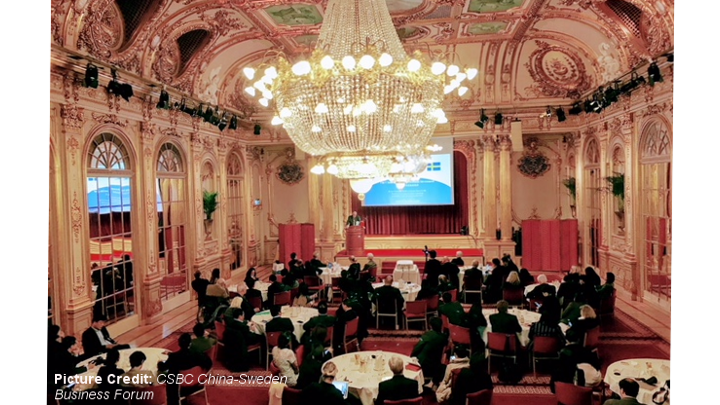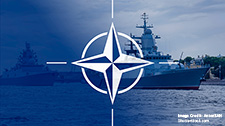Sweden and China: The Use of History and Mismatched Expectations

Agust Börjesson
Sweden was not the first country in the West that recognized the People’s Republic of China, but it became the first in the West to establish formal diplomatic relations in 1950 because China picked it ahead of others to do so. This history has since been mutually emphasized on both sides, for different reasons. This paper examines the history of how Sweden established diplomatic relations with the PRC, outlining the historical context in which diplomatic relations were established and what it meant for the two countries at the time. The paper examines how the history of diplomatic relations has been used by the two countries and in which two country-specific contexts this use can be understood.
For Sweden, that it became first in the West with relations to the PRC has retroactively fit into a narrative about the country as a diplomatic pioneer, associated primarily with the Social Democratic Party’s vision of Stockholm as an independent foreign policy actor that emerged in the 1960s. Early relations with the PRC have been held up alongside early recognition of other states during Sweden’s “activist” foreign policy era to emphasize this legacy. For the PRC, diplomatic history with Sweden has instead been part of its larger framework of using history as a tool in the international arena to build a consensus around Beijing’s position and further its strategic interests. Through its comprehensive and flexible use of history, the PRC has attempted to simultaneously shape the view of the past and impact the course of the future. The paper concludes by arguing that mutual elevation of diplomatic history between Sweden and the PRC, based in two separate country-specific narratives, may have contributed to mismatched expectations when the two sides underwent a period of bilateral friction 2017-2021.




